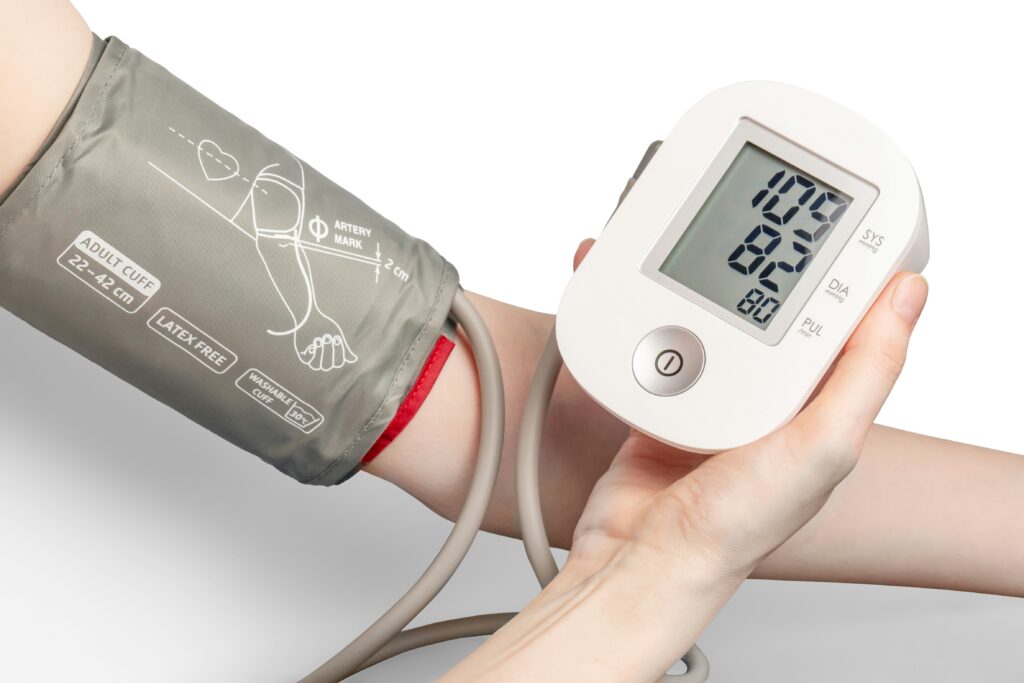Dementia is a condition that affects millions of people worldwide, with symptoms ranging from memory loss to impaired thinking, affecting daily life. While age is the strongest risk factor for dementia, it is not an inevitable part of aging. Fortunately, research shows that lifestyle choices can significantly reduce the risk. Whether you’re in your 20s, 40s, or 60s, taking steps to maintain brain health is essential. Here are some strategies that may help you avoid dementia and keep your mind sharp for years to come.
Stay Physically Active

Regular physical activity is one of the most effective ways to maintain brain health. Exercise increases blood flow to the brain, which supports the growth of new brain cells and promotes overall cognitive function. Studies have shown that people who engage in regular physical activity have a lower risk of developing dementia. Here’s how you can incorporate exercise into your routine:
- Walking, swimming, and cycling are all aerobic workouts that can help your heart and blood flow, which is good for your brain.
- Strength training keeps your muscles and balance in good shape, which lowers your risk of accidents and falls that could damage your brain.
- Yoga and tai chi are good balance workouts that can help you avoid accidents and improve your coordination, especially as you get older.
To keep your brain healthy, try to do at least 150 minutes of moderate-intensity exercise each week.
Eat a Brain-Boosting Diet

Key components of a brain-boosting diet include:
- Leafy green vegetables: Rich in antioxidants and vitamins like folate and vitamin K, which are associated with slower cognitive decline.
- Fish: Salmon, tuna, and other fatty fish are great for your brain health because they are high in omega-3 fatty acids.
- Nuts and seeds: You can get a lot of healthy fats and antioxidants from nuts and seeds that protect brain cells from oxidative stress.
- Whole grains: These provide a steady source of energy, which helps you focus and think clearly.
Avoid processed foods, too much sugar, and fats that aren’t good for you because they can cause inflammation and raise the risk of brain problems.
Put Mental Stimulation First

Your brain likes to learn new things and solve problems. Doing things that keep your mind active can help you build cognitive reserve, which protects you from getting dementia. Here are some things you can do to keep your mind sharp:
Learning new skills: Whether it’s picking up a musical instrument, learning a new language, or taking up a hobby, constantly challenging yourself helps keep your brain active.
Puzzles and games: Crossword puzzles, Sudoku, and strategy-based games like chess are excellent for stimulating cognitive functions.
Reading: Regularly reading books, articles, or even learning through documentaries can improve brain function and connectivity.
Social engagement also plays a significant role. Being socially active reduces isolation and depression, which are risk factors for cognitive decline. Wear your glasses and/or hearing aids every day if you have them. Joining a club or group activity, doing volunteer work, and staying in touch with family and friends will keep your brain engaged.
Deal with Stress and Get Enough Rest

Chronic worry and not getting enough sleep can really hurt your brain health. Too much worry can cause the body to make too much cortisol, a hormone that hurts brain cells, especially in the hippocampus, which is in charge of memory. Meanwhile, sleep is essential for brain function, as it is during sleep that the brain clears out toxins and consolidates memories.
To manage stress and improve sleep quality, try these approaches:
Exercise regularly: Physical activity not only promotes better sleep but also reduces anxiety and depression, improving overall mental health.
Practice mindfulness or meditation: These techniques help lower stress levels, improving emotional regulation and focus. Mindfulness has been shown to increase gray matter in the brain, which may delay cognitive decline.
Establish a regular sleep routine: Aim for 7-9 hours of quality sleep per night. Create a bedtime routine that promotes relaxation, such as avoiding screens an hour before bed, keeping your bedroom cool and dark, and practicing relaxation techniques like deep breathing.
Keep Your Heart Healthy

What’s good for the heart is good for the brain. Cardiovascular health is directly linked to cognitive health. Conditions like high blood pressure, diabetes, and high cholesterol can damage blood vessels in the brain, leading to cognitive impairment or dementia.
Limit alcohol consumption: While moderate alcohol intake, such as a glass of wine, might have some heart health benefits, excessive drinking can damage brain cells and increase dementia risk.
Monitor your blood pressure: High blood pressure, especially in midlife, is a significant risk factor for dementia. Regular checkups and lifestyle changes such as reducing sodium intake and exercising can help manage blood pressure.
Control blood sugar: Diabetes and insulin resistance can affect brain health. Managing your blood sugar through diet, exercise, and medication (if needed) is vital for cognitive health.
Stop smoking: Smoking damages blood vessels, reduces blood flow to the brain, and increases inflammation—all of which contribute to cognitive decline.
Protect Your Brain From Injury

Head injuries, especially multiple injuries or concussions, put people at a high risk for dementia. To keep your brain healthy in the long run, you need to keep it from getting hurt.
Drive safely: Always use seat belts, follow road safety rules, and avoid distractions while driving to reduce the risk of accidents.
Wear helmets: Protect your head when biking, skiing, or participating in other high-risk activities.
Avoid falls: Falls are a major cause of head injury, especially among older adults. Ensure your home is free from tripping hazards, and use assistive devices if necessary to maintain balance.
You Can Do It
Preventing dementia isn’t guaranteed, but by adopting a brain-healthy lifestyle, you can significantly lower your risk. It’s never too early—or too late—to start making changes that support your brain. By using these useful tips every day, you can take control of your brain health and enjoy a vibrant, engaged mind well into old age.


